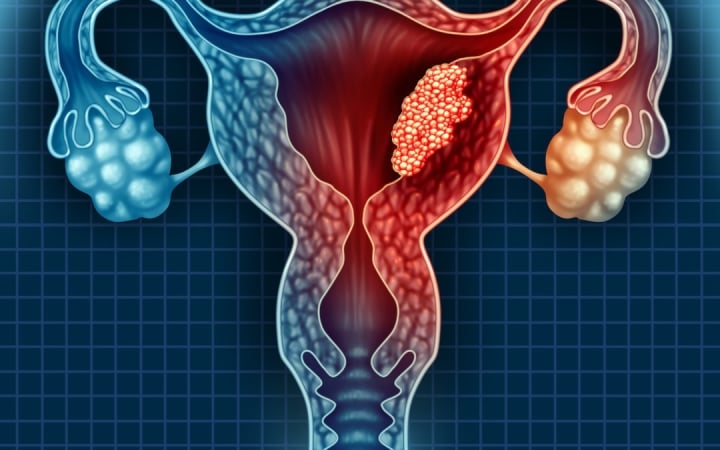Red-Light Relations
The true story of Xiao Li, a 33-year-old woman, serves as a cautionary tale. Married for five years, she enjoyed a happy intimate relationship with her husband. However, two months ago, she started experiencing persistent abdominal pain and unusual vaginal bleeding. Xiao Li attributed these symptoms to a common disorder and delayed seeking medical attention, also due to the frequent intimacy with her husband.
When the pain became unbearable, she finally went to the hospital. Upon waking up from treatment, the first thing the doctor told her was to go to a central hospital for cancer screening immediately.
After a series of tests, she was diagnosed with cervical cancer in its third stage. What shocked her even more was that her husband’s habits were found to be closely linked to the cause. Specifically, their unhealthy intimate habits during her menstrual periods.
Xiao Li’s husband had a high libido and would insist on intercourse even during her periods. To please him, she obliged, and over ten years, intimate relations during menstruation became the norm for them. However, as Xiao Li’s doctor explained, this practice is extremely dangerous for a woman’s health. The endometrium is very sensitive during menstruation and easily susceptible to injury. Intercourse, especially vigorous, can cause tears, bleeding, and cervical infections. If this occurs repeatedly and left untreated, it can eventually lead to cervical cancer.
Additionally, the cervix is more open during menstruation, and the vaginal environment is typically moist. Fluctuating hormone levels during this time also create favorable conditions for bacteria and viruses to enter. Common infections include yeast infections and HPV, which are high-risk factors for cervical diseases, especially cervical cancer.
In conclusion, intimate relations during menstruation are highly detrimental to a woman’s health. If any couples are engaging in this practice, they must stop immediately to prevent severe consequences.

Smoking
Many husbands have a smoking habit, some even smoking excessively in their wife’s presence. Secondhand smoke is just as harmful. Women who smoke are twice as likely to develop cervical cancer as non-smokers. Components of cigarette smoke have been found in the cervical mucus of smoking women, suggesting that these substances damage cervical cell DNA and contribute to cervical cancer development. Smoking also weakens the immune system’s ability to fight HPV infections.
Not Using Condoms
Some people find condoms uncomfortable and choose not to use them, but this habit is extremely risky. If a man is carrying the HPV virus, he can easily transmit it to his partner. Condoms are not just a contraceptive method but also a vital defense against sexually transmitted infections.
Warning Signs of Cervical Cancer
– Abnormal vaginal bleeding: This can include bleeding after sexual intercourse, post-menopausal bleeding, intermenstrual spotting, prolonged or heavy periods, or bleeding after douching.
– Unusual vaginal discharge: The discharge may contain blood and can occur between periods or after menopause.
– Yellowish vaginal discharge with a foul odor or bloody mucus.
– Lower abdominal pain, frequent urination, and discomfort during urination.
– Pain during sexual intercourse.
– Pelvic pain.
As the disease progresses, more severe symptoms may appear:
– Swollen legs.
– Urinary and bowel issues: Blood in urine or stool when cancer invades the bladder or rectum.
– Unexplained fatigue and weight loss.
































